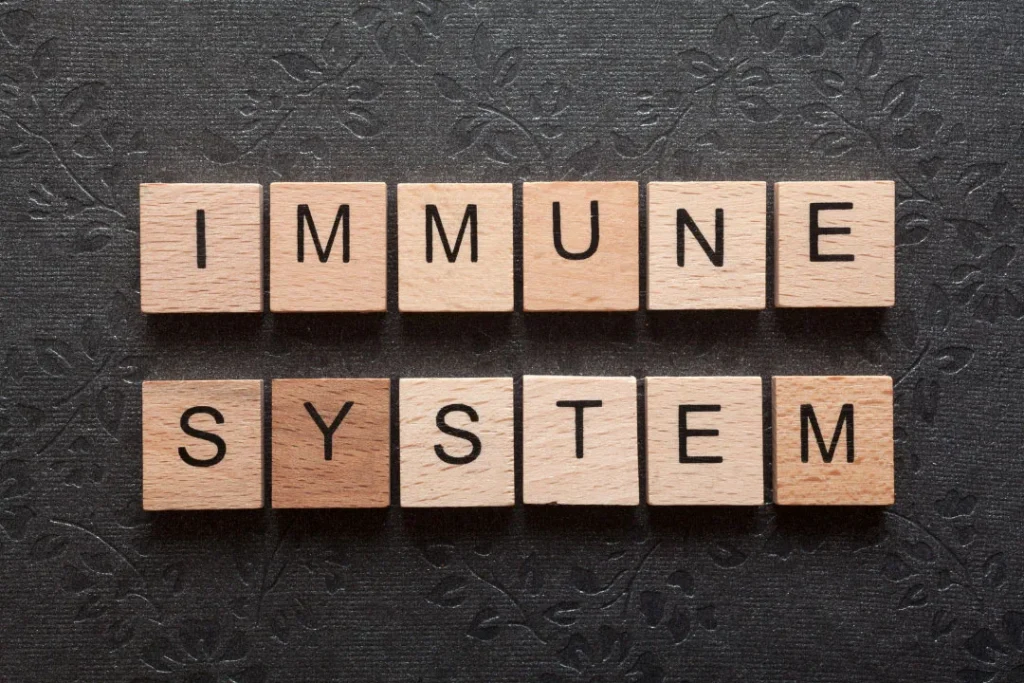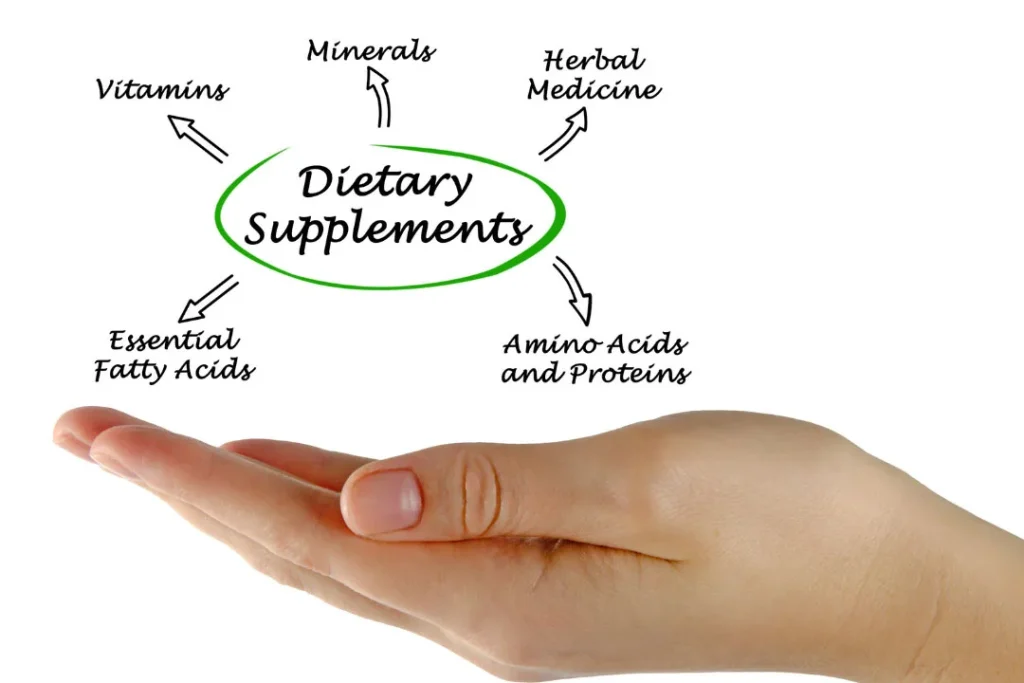Natural remedies for promoting general health and wellbeing have drawn more attention in recent years. Oplopanax horridus, often known as Devil’s Club, is one of the nutritional supplements that has gained popularity owing to its rumored health advantages. Native to North America’s Pacific Northwest, the Devil’s Club is a rare botanical species. The goal of this page is to provide readers a thorough knowledge of Devil’s Club, including information on its nature, health advantages, recommended dose, potential negative effects, possible drug interactions, and appropriate usage. We will also examine the chemistry of Devil’s Club and its physiological mechanisms of action on the body and brain from a scientific standpoint.
You May Also Like:
5 Great Nootropic Herbs for Focus and Mental Clarity
5 Great Nootropic Herbs for Energy, Focus, and Productivity
Devil’s Club: Benefits, Dosage, Side Effects, Drug Interactions, and Other Important Information is an original (NootropicsPlanet) article.
Nature of Devil’s Club
The perennial plant known as devil’s club, or Oplopanax horridus in its scientific name, flourishes predominantly in wet, shady regions of temperate rainforests in North America. The broad, palmately lobed leaves and thorny stems of this plant species, which is a member of the Araliaceae family, are its distinguishing features. Native Americans in the Pacific Northwest have long been aware of the healing powers of Devil’s Club and have used various sections of the plant as medicines.
Health Benefits of Devil’s Club
There’s an abundance of health gains that stem from Devil’s Club, the most notable of which are:
- Anti-inflammatory and Analgesic Effects: Triterpenes and polyphenols, two bioactive substances found in Devil’s Club, have been shown to have anti-inflammatory and analgesic activities. These substances could help relieve pain and the symptoms brought on by inflammatory diseases.
- Antioxidant Effects: Devil’s Club contains antioxidants, including as flavonoids and phenolic components, which may help it counteract the effects of oxidative stress. Antioxidants aid in the body’s defense against dangerous free radicals, lowering the possibility of cellular injury and promoting general health.
Modulation of the immunological System: According to certain research, Devil’s Club may be able to influence the immunological system. Polysaccharides, one of the bioactive substances in Devil’s Club, may strengthen the immune system and aid the body’s defense processes.

Chemistry of Devil’s Club
The chemistry of Devil’s Club is complex and includes a variety of bioactive substances that may be involved in its possible health advantages. Triterpenes, polyphenols, flavonoids, and polysaccharides are a few of the important substances included in Devil’s Club.
- Triterpenes: Oleanane-type triterpenes such oleanolic acid and ursolic acid are notably abundant in Devil’s Club. These triterpenes have been linked to analgesic and anti-inflammatory activities. They could work by blocking pro-inflammatory enzymes including cyclooxygenase (COX) and lipoxygenase (LOX), which would lessen inflammation and discomfort.
- Polyphenols: Devil’s Club includes a variety of polyphenols, including quercetin, caffeic acid, and chlorogenic acid. These polyphenols have antioxidant properties and can scavenge free radicals to prevent oxidative damage to cells.
- Flavonoids: The antioxidant and anti-inflammatory properties of Devil’s Club are attributed to a group of chemicals called flavonoids. The flavonoids kaempferol and quercetin have been found in Devil’s Club. These substances may improve immune function due to their immunomodulatory effects.
Physiological Mechanisms of Action
Research is still being done to determine the physiological processes that underlie the effects of Devil’s Club on the body and brain. However, numerous plausible explanations have been put up in light of recent study results.
- Anti-inflammatory Effects: Cyclooxygenase (COX) and lipoxygenase (LOX), two pro-inflammatory enzymes, may be inhibited by Devil’s Club, which has anti-inflammatory qualities. Devil’s Club may lessen the formation of inflammatory mediators including prostaglandins and leukotrienes by blocking these enzymes, which would diminish inflammation and related symptoms.
- Antioxidant Activity: The polyphenols and flavonoids included in Devil’s Club, as well as other antioxidants, are essential in scavenging dangerous free radicals and shielding cells from oxidative damage. Devil’s Club may aid in preventing oxidative stress and its damaging effects on cellular structures by scavenging free radicals.
- Immunomodulation: By promoting immune cell activity, Devil’s Club polysaccharides have demonstrated potential immuno-modulating effects. These polysaccharides may boost immunological responses and immune system function by increasing the generation and activity of immune cells like macrophages and lymphocytes.
It’s crucial to remember that further investigation is required to completely comprehend the complex mechanisms of action of Devil’s Club and its precise impacts on various physiological systems.
Individual variances in how each person reacts to Devil’s Club might also be brought on by things like genetic variance and general health.

Optimal Dosage of Devil’s Club
Unfortunately, no standardized dosage guidelines exist for Devil’s Club. Due to this reality, the dose you choose needs to be carefully considered, and advice from medical experts should be sought. Since dietary supplements are the main form in which Devil’s Club is sold, individual brands may have varied dose guidelines.
To ensure safe and efficient use, it is essential to follow the manufacturer’s instructions and seek advice from a healthcare professional.

Side Effects of Devil’s Club
When taken appropriately, Devil’s Club is usually regarded as safe for ingestion, but it’s important to be aware of any potential adverse effects. Although there haven’t been many negative effects reported, some people may have gastrointestinal discomfort including upset stomach and diarrhea.
Additionally, allergic responses are possible, especially in people who have a history of sensitivities to Araliaceae plants. As with any dietary supplement, it is advised to begin with a smaller dosage and gauge each person’s tolerance before progressively raising the consumption.

Potential Substance Interactions of Devil’s Club
Devil’s club may interact with some drugs or substances, so exercise caution if you’re thinking about using it. To avoid possible interactions, anyone using blood-thinning drugs should speak with their doctor before using Devil’s Club because it may have moderate anticoagulant effects.
Likewise, before adopting Devil’s Club into their routine, anyone with pre-existing medical concerns, such as diabetes or hormonal abnormalities, should see a doctor.
Responsible Uses of Devil’s Club
Devil’s Club, like any other herbal remedy, should be handled with care. Consider the following measures of caution when introducing it into your regimen for the first time:
- Consultation with Healthcare Professionals: Before using Devil’s Club as a nutritional supplement, those with pre-existing medical issues, women who are pregnant or nursing, and people who take medicines should visit their healthcare professional.
- Quality and Reliable Sources: To guarantee the purity and efficacy of Devil’s Club supplements, choose recognized companies that follow good manufacturing procedures (GMP) and quality control standards.
- Compliance with Recommended dose: Comply with the manufacturer’s or a healthcare provider’s recommendations for dose. Unless instructed otherwise by a healthcare provider, refrain from going beyond the suggested dose.
Monitoring Individual Tolerance: Begin with a smaller dosage and keep an eye on each person’s tolerance. Keep an eye out for any negative effects and stop using immediately if anything major happens.
Devil’s Club:
Conclusion
Devil’s Club, a rare botanical species native to North America’s Pacific Northwest, offers potential health benefits due to its anti-inflammatory, antioxidant, and immunomodulatory effects.
Its rich chemistry makes it a potent additive in one’s diet. While further research is needed to fully understand its nuances and qualities, Devil’s Club shows promise as a natural remedy for most individuals, barring any underlying health conditions.
However, it is still crucial to exercise caution and consult a healthcare professional before using any herbal rememdy. Adhere to recommended dosages, and be aware of potential interactions and side effects before incorporating Devil’s Club into your daily life.
References:
- Arctic pharmacognosia II. Devil’s club, Oplopanax horridus Retrieved from: https://www.sciencedirect.com/science/article/abs/pii/0378874183900053
- Oplopanax horridus: Phytochemistry and Pharmacological Diversity and Structure-Activity Relationship on Anticancer Effects. Retrieved from: https://www.ncbi.nlm.nih.gov/pmc/articles/PMC6158975/
- Devil’s Club. Retrieved from: https://www.drugs.com/npp/devil-s-club.html
Important Note: The information contained in this article is for general informational purposes only, and should not be construed as health or medical advice, nor is it intended to diagnose, prevent, treat, or cure any disease or health condition. Before embarking on any diet, fitness regimen, or program of nutritional supplementation, it is advisable to consult your healthcare professional in order to determine its safety and probable efficacy in terms of your individual state of health.
Regarding Nutritional Supplements Or Other Non-Prescription Health Products: If any nutritional supplements or other non-prescription health products are mentioned in the foregoing article, any claims or statements made about them have not been evaluated by the U.S. Food and Drug Administration, and such nutritional supplements or other health products are not intended to diagnose, treat, cure, or prevent any disease.


